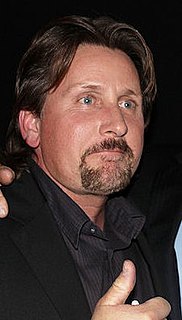A Quote by Lidia Bastianich
We had our wheat. We made our own olive oil. We made our wine. We had chickens, ducks; we had sheep, cows, milk. So I was raised in a very simple situation but understanding really food from the ground... the essence of food and the flavors. And those memories I took with me, and I think that they lingered on.
Related Quotes
My parents taught me to be optimistic and independent. They made me feel that I could do anything I set my mind to, which has really helped me. They didn't make allowances for me because of my height. I had to do everything my brother and sister had to do, including raising our animal menagerie that included cows and chickens.
Two hundred years ago, we were all busy farming and we all had a role to play. The home was a unit of production. We made food and all the things we needed, we took care of our kids and were connected to purpose in our evolution. When the Industrial Revolution came along, it took away a lot of the work the men had done.
We were so poor as kids. I didn't even see a bathtub, running water, hot water, commode - we didn't have any of that. We started with a humble log house, milk cow, garden-raised our own food, killed a hog every year in the fall, and had the meat hanging up in the smokehouse - that was our childhood, me and ol' Si.
I realized the shells were talking in a voice I recognized. I should have; it was my own. Had I always known that? I suppose I had. On some level, unless we're mad, I think most of us know the various voices of our own imaginations. And of our memories, of course. They have voices, too. Ask anyone who has ever lost a limb or a child or a long-cherished dream. Ask anyone who blames himself for a bad decision, usually made in a raw instant (an instant that is most commonly red). Our memories have voices, too. Often sad ones that clamor like raised arms in the dark.







































